Special Relationships
November 4, 2021
With almost 4,000 students and many different types of programs offered, a very important one is the Special Education program. It consists of two different sections – academic education and physical education.
The educational aspect of the program, also known as prevocational, gives kids the personalized, time-flexible lessons that lets them learn at their own needed pace.
“There really is no typical day,” Special Ed teacher Vanessa Gadbois said. “It really is based on what each kid’s needs are at that time. And sometimes we can stick completely to the lesson plan, the activities run great, just like in a lot of other classrooms. We are very fortunate in a lot of our special ed classes, especially in pre-vocational, that we’re able to have that flexibility to say, ‘Okay, our babies need this right now and I’m going to give them that’ and nobody’s going to come and slap our hand and say, ‘Nope, it’s supposed to be done in two weeks or you were only supposed to spend two days on that topic.’”
Along with personalized education plans, they also offer the same thing but in the athletic aspect. The program makes sure physical health and education are taught as well as academics, and gives the students great opportunities to express their athletic side.
Whether it’s in the MAC, the track, the field, or in one of the gyms, the coaches work to make a joyful, benefit-filled experience while teaching them at the same time.
A mix of lessons and vocabulary in the classroom and exercise outside, the kids get a strong support system including coaches, friends, family, and the community.
“Some of the benefits is they are able to get some extra support where they might struggle so they are allowed to be more successful,” Special Olympics director and coach Wendi Harvey said. “There is also an opportunity for them to participate in things like the Special Olympics and other extracurricular activities. They get the opportunity to learn life skills through being a part of a team through mentorship and leadership.”
Support systems are one of the most important details in the program. They can be big or small, but what really matters is the strength of it.
A strong support group, big or small, helps with their education, emotions, and lifetime skills that stick with them further on in life.
“My friends can help me if I need help,” junior Tori Reed said. “My teachers and parents help as well.”
Students are at school for about eight hours a day, five days a week. When they’re not at home, they’re around other students and staff. Because of this, teachers play a very important and crucial role in their lives.
“As far as students go, we are there to help them with anything that they need from school to family life,” Gadbois said. “Sometimes they just need a hug. I was here till 3:40 yesterday afternoon because we had a kid that didn’t want to leave. They said, ‘Nope,’ and I said, ‘Is this your way of telling me you love me?’ and they said, ‘Yep.’ ‘Well, I’ve got another way you can tell me you love me. You can bring me doughnuts tomorrow.’ And they were like, ‘No’ and then they started laughing and loosened up. Afterwards, they felt comfortable going home. We’re the mom, the dad, the counselor, and the teacher. We’re all of it and we wear many hats.”
Partners and PE is the athletic aspect of the program.
Adding on to each kid’s support system, not only do the coaches help them, but they are assigned a partner as well.
“I communicate with everyone to make sure everyone doesn’t feel like left out because that tends to happen a lot,” sophomore partner Jamie Gee said. “I already have my PE credit and everything, but I just wanted to help out.”
In a 90-minute class, they do a lot and learn a lot. And while in class, it is an education setting, it’s not the only time they get together.
“We have certain things they work on specially like some people may work on communication,” Gee said. “We have gatherings outside of school like the one time we went to CiCi’s and we all hung out, ate pizza, had some fun.”
Despite what people may think, nothing is really different from any other sport or class in the special education/pre vocational classes.
They get to play, do, and learn everything other students do, just with a little extra help.
“I like basketball,” said senior Emily Watson, “I won an award too. I’m the queen of the court.”
Same classes, same sports, same opportunities.
Even off-campus classes are available and encouraged.
“I have a CTC class too,” Watson said, “Horticulture Science, the study and production of plants.”
Even though there is all this good, there are also downsides.
With the program comes a lot of miscommunication and confusion.
“But I think helping others, not just staff but students too, to see, they’re just like everybody else. They want to have fun, they want to go to Bahama Bash, they want to do thespirit thing, you know, bikers versus surfers, they want to be treated just like everybody else. not special. Not different, not better than but the same as,” said Gadbois, “And that that’s really what it comes down to is it’s not superior treatment, it’s not special treatment, they can do all these things. They can just do these things. But everybody else has to do this. It’s leveling the playing field, academically and socially, that is the big piece.”
But there are ways to improve this stigma.
With a little understanding and open-mindedness, the program can grow even more.
“So I think when, as a society, and as a campus, when everybody can see they’re just like everybody else, they just learn a little bit different. And that’s okay. When everybody can accept that, and live that in every aspect, then everything will be great,” Gadbois said, “We just have to get people there.”
Photo by Lanae Terry
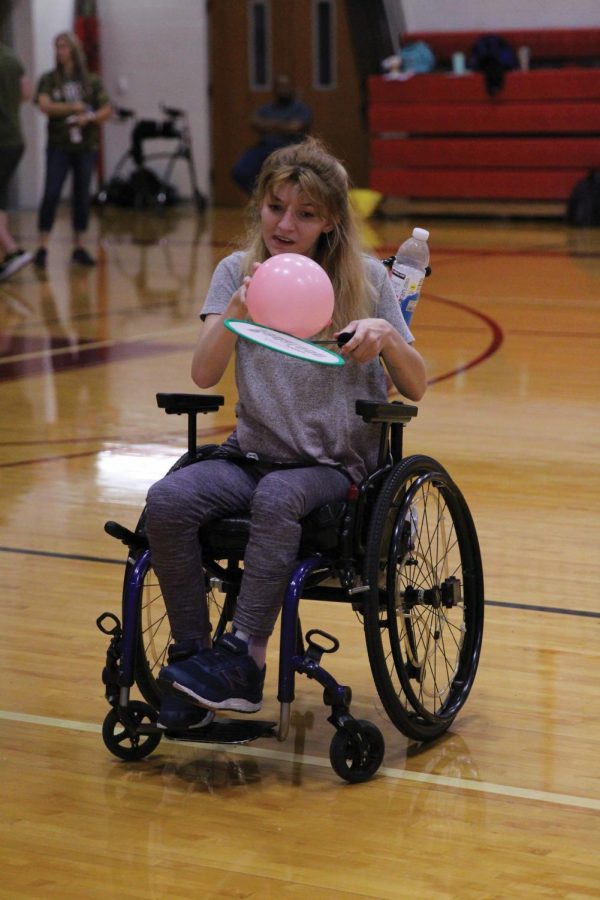
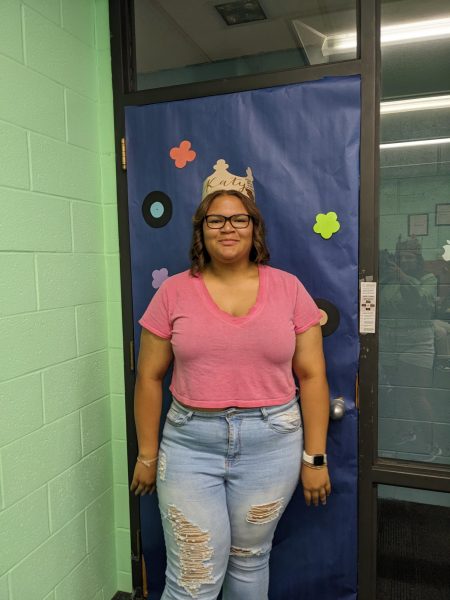
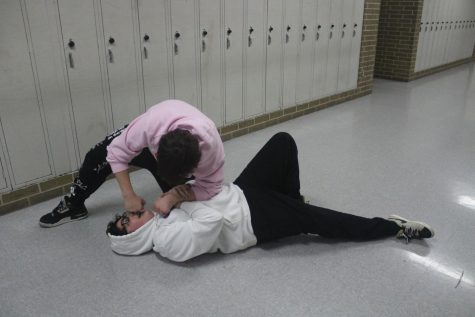
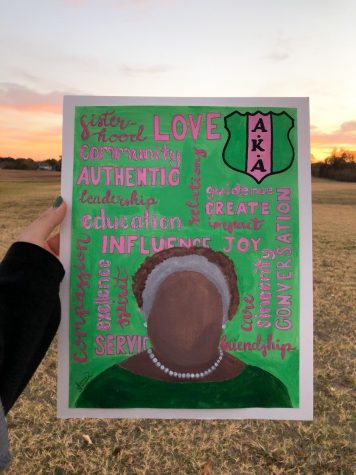
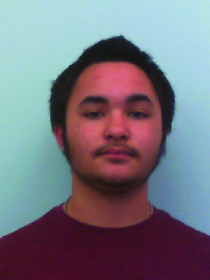
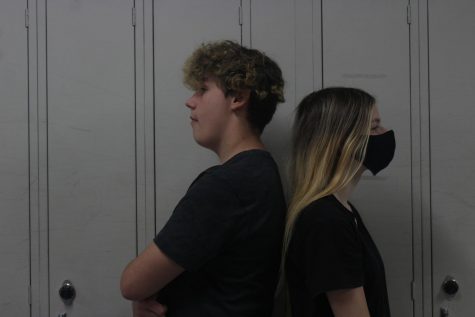
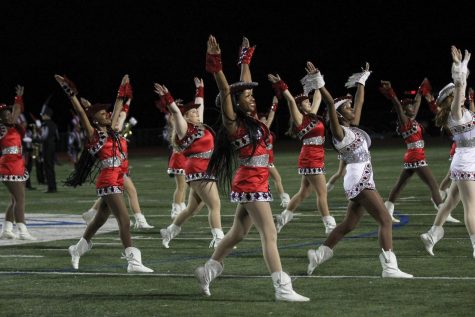
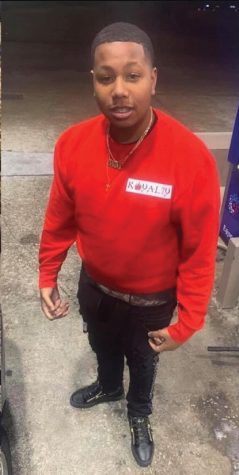
Kat Grabeel • Nov 5, 2021 at 10:13 am
✨deserves a metal✨